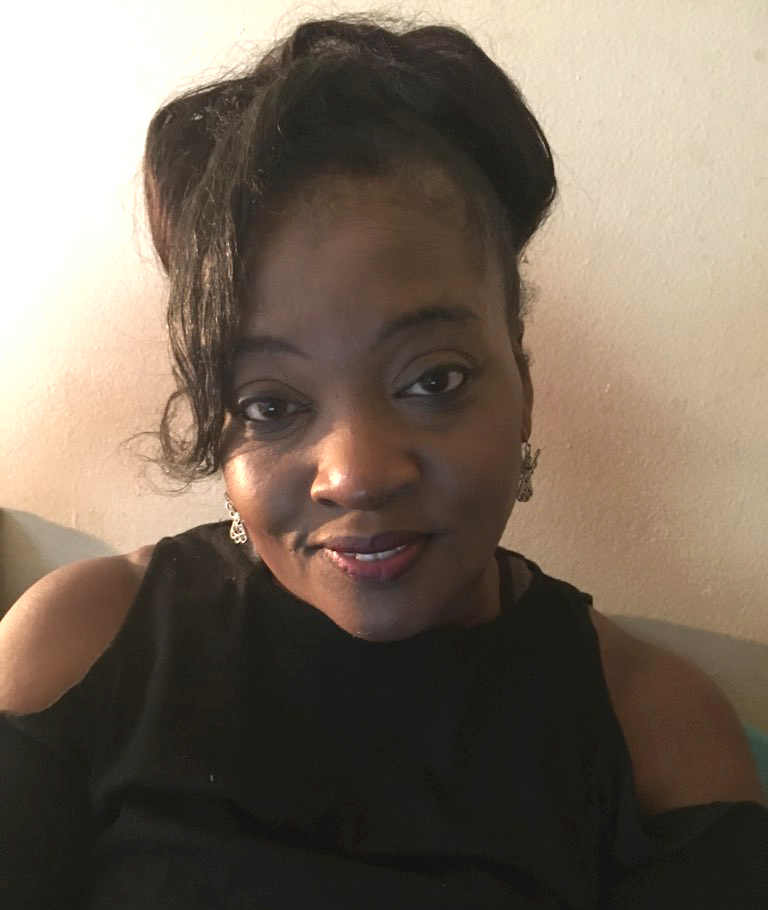 June Taylor-Slaughter, public services and student supervisor in the Geology-Mathematics-Physics Library, has been selected to receive the university’s prestigious 2021 Marian Spencer Equity Ambassador Award for staff.
June Taylor-Slaughter, public services and student supervisor in the Geology-Mathematics-Physics Library, has been selected to receive the university’s prestigious 2021 Marian Spencer Equity Ambassador Award for staff.
In the thoughtful words of her numerous nominators:
“June Taylor-Slaughter has dedicated her time and skills to promoting awareness of racial equity and diversity issues throughout her 25+ years at UC. Through formal programs and committees as well as informal personal interactions, she diligently and patiently works to educate her students and coworkers about the racial disparities faced by BIPOC staff in the workplace so we can all work together to improve conditions. She ensures that everyone is well informed and supported by her in their learning.
With the recent heightened awareness of systemic racism, she was part of a team that initiated a survey to address racial equity and systemic racism. This survey resulted in a new committee providing resources and support for racial equity programming in UC Libraries. June is a co-chair of this committee’s first year and is working tremendously hard to ensure its success.
June ran for the chair of the Libraries’ Staff Advisory Council with a goal to put people of color’s voice at the table and in the senior management’s decision-making process. She’s not shy about sharing her personal experiences of racial disparity. She serves on the newly formed Racial Equity Programming Committee of the Libraries, of which she was instrumental in creating. June is passionate about educating students, staff and faculty with her knowledge and experience.
June’s work touches many people who have never even met her. She has been the organizing energy behind many of the Libraries’ previous events and activities that celebrate diversity, equity, and inclusion. One of my favorite examples of June’s quite visible work is currently on display in the Langsam Library lobby, where she curated an exhibit, “Women of the Movement: Leaders for Civil Rights and Voting Rights” featuring the contributions of Black women movement leaders. It is a vibrant exhibit that pulls in anyone who walks by to learn about this important part of our country’s history.”
Named for the celebrated civil rights activist, the Marian Spencer Equity Ambassador Award showcases current campus-affiliated individuals and groups whose efforts related to diversity, equity, and inclusion have had a positive impact on the university. Nominated by their colleagues, the recipients promote awareness of diversity, equity, and inclusion; exhibit sensitivity to people of various cultures; facilitate growth among colleagues and peers; prepare students, faculty, and staff to thrive in a diverse and global workforce; and collaborate with colleagues to create and implement initiatives and policies that build an equitable and inclusive environment.
Congratulations, June!
 Check out the new science books that have been added to the Geology-Math-Physics Library. Please Note: beginning Monday, August 2, the Click & Collect service will end. However, at that time you can still request books and specify which library where you want to pick up books. Also, on August 2, most service desks and stacks (for your own browsing) will open again!
Check out the new science books that have been added to the Geology-Math-Physics Library. Please Note: beginning Monday, August 2, the Click & Collect service will end. However, at that time you can still request books and specify which library where you want to pick up books. Also, on August 2, most service desks and stacks (for your own browsing) will open again!






